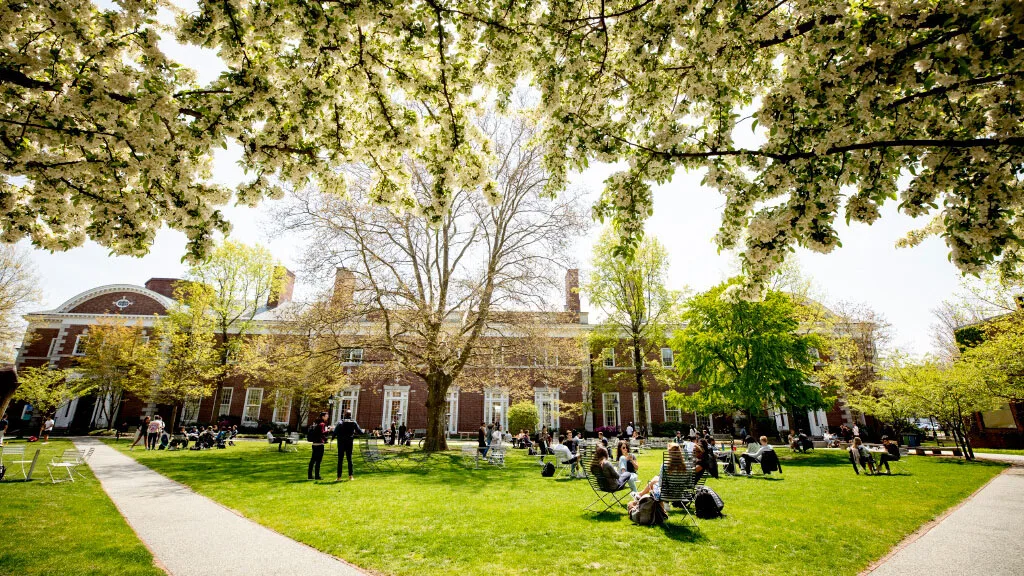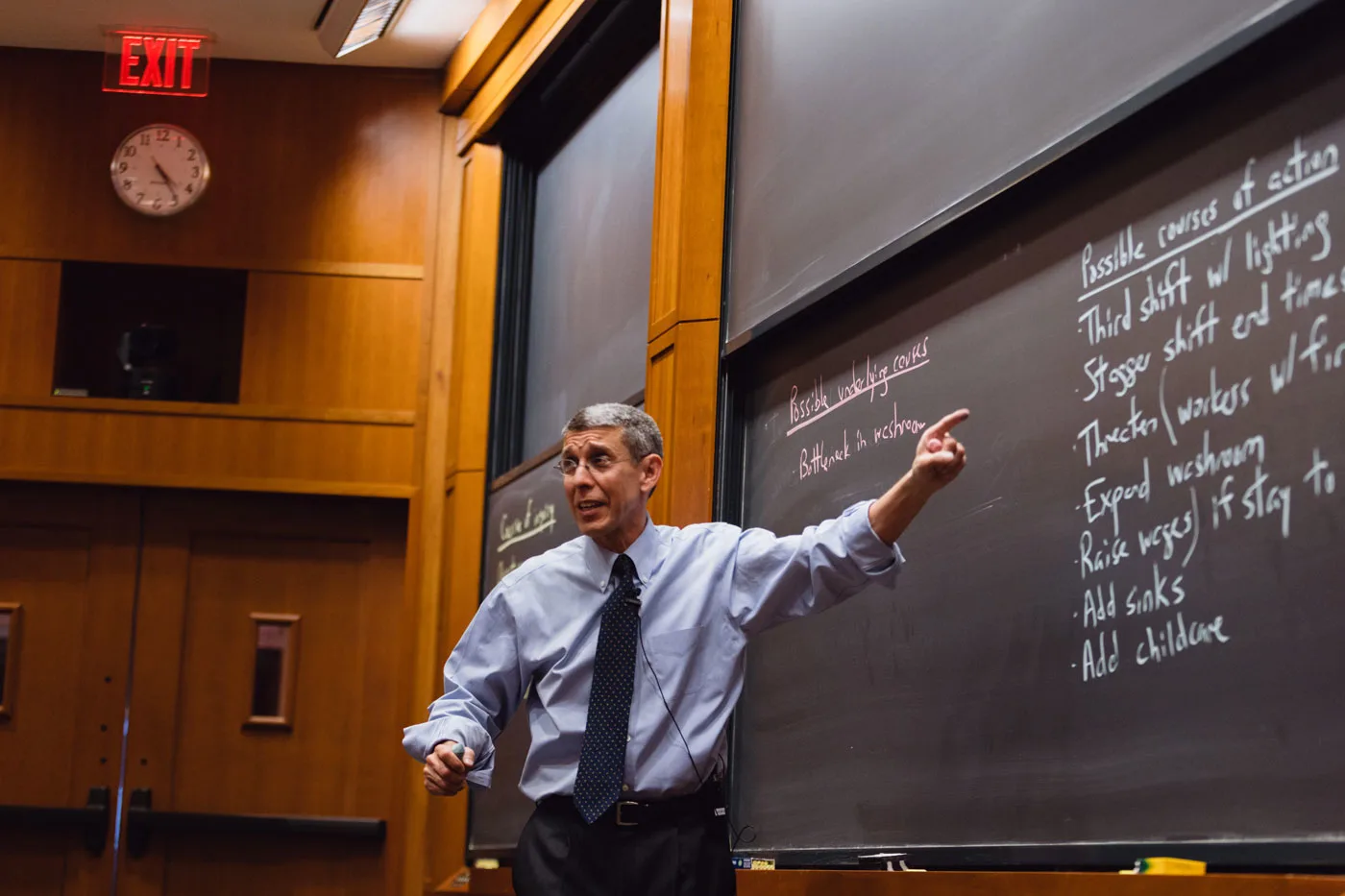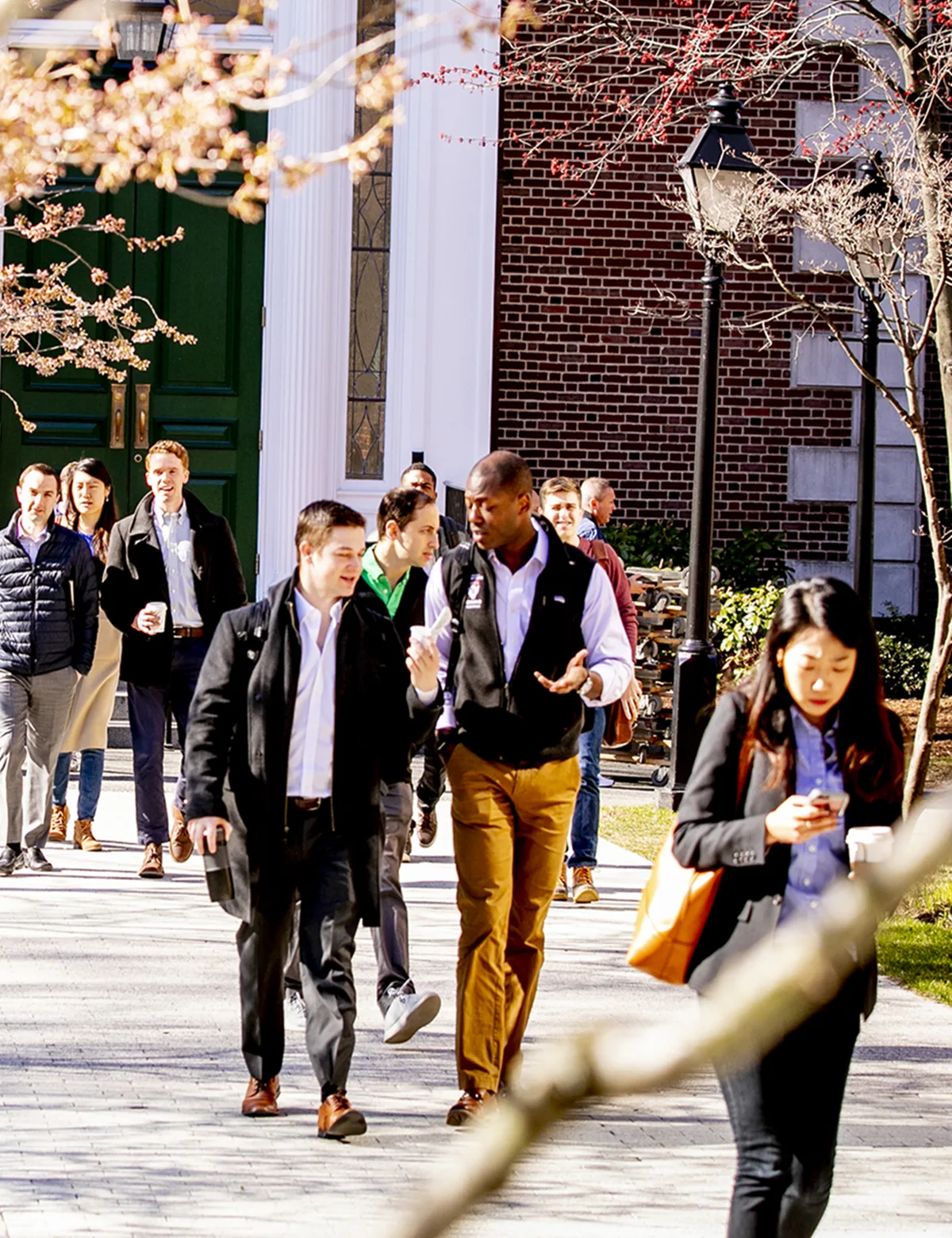Harvard Business School

Dynamic, immersive education for learners at every level

Rigorous research, rooted in practice
The most pressing challenges and interesting opportunities facing the world today cannot be addressed without business playing a significant role. At HBS, faculty-led initiatives and projects engage practitioners, students and alumni to develop insights that drive impact today.
Insights
The research conducted by HBS faculty fuels insights at the intersection of business and today’s most pressing issues.
What makes Harvard Business School distinctive?
At HBS, real-world leadership challenges come to life. Our programs and courses will help you learn how to think expansively, act decisively, and inspire those around you to achieve great things.
More About HBSDynamic and immersive learning experiences
Our discussion-based approach to learning brings real world leadership challenges to life.
A tight knit community
The scale of HBS, from large-format classes to intimate sections and curated study groups, is intentionally designed to foster growth and learning.
Global perspectives
The world is profoundly connected, that’s why we pride ourselves on bringing students together from around the world and studying cases with global impact.
A lifetime of connection
It’s not just the people you meet during your time at HBS, but the network of alumni that’s 86,000 strong and ready and willing to support your journey. More about Alumni.
A residential campus
Our campus, in the heart of one of the world’s great cities, is designed with the belief that daily interactions increase the potential for learning.
